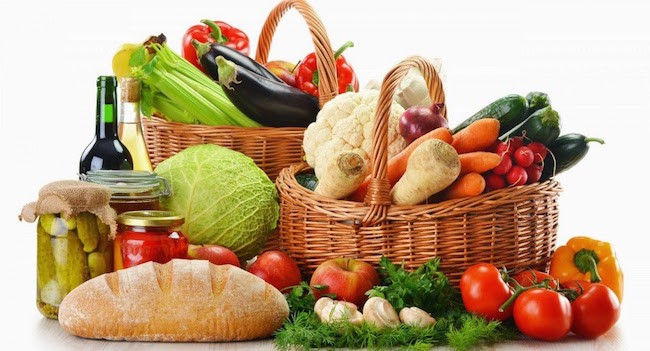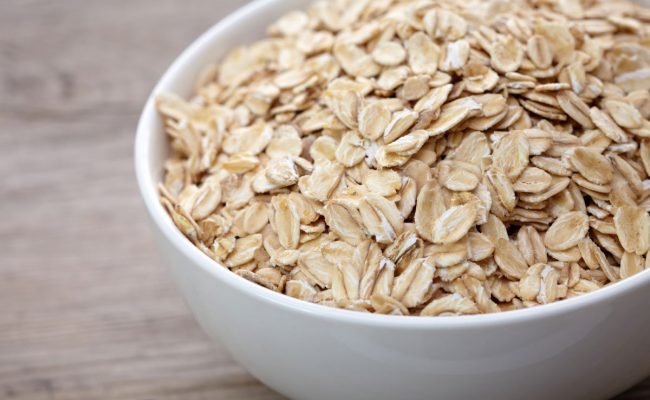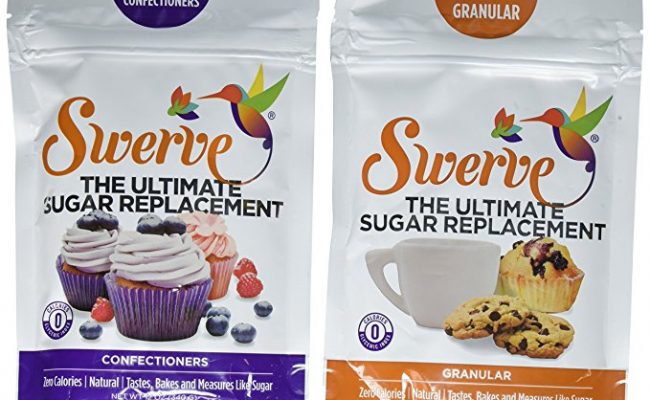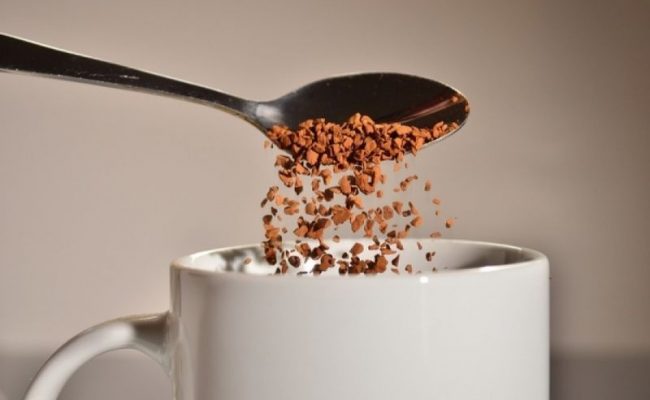
Hypothyroidism is a condition where the body has below normal levels of thyroid hormones. The thyroid uses iodine to produce thyroid hormones. These hormones have a main role in regulating metabolism, growth and body temperature.
In general with hypothyroidism, body functions and metabolic rate slows down because there is not enough being produced. Common side effects of hypothyroidism include: being overweight, low energy, sensitivity to cold, low heart rate, difficulty concentrating and sometimes depression.
Hypothyroidism can happen for various reasons and could even be the result of a side effect of certain medications. If someone has hypothyroidism, eating enough iodine through the diet can be helpful.
Iodine is one of the key building blocks the thyroid uses to make thyroid hormones. Iodine is found in iodized salt, dairy products, seafood, meats and some breads. Getting adequate minerals may also help hypothyroidism.
Iodine rich foods
Iodine rich foods are usually recommended to eat for hypothyroidism. Iodine rich foods such as iodized salt, meats, dairy, seafood and some grain products can help ensure your body is getting adequate building blocks of thyroid hormones. Kelp is also a rich vegetarian source of iodine.
Nuts
Another nutrient important for thyroid function besides iodine is selenium. Selenium is a mineral that aids in thyroid function and is important for immune health.
Getting adequate magnesium levels may also have a role with thyroid function. Nuts such as almonds, cashews and Brazil nuts are a good source of magnesium and selenium.
In fact, eating about 6 Brazil nuts provides over 700% of the Daily Value for selenium.
Seafood, meats and grains are also a good source of both selenium and iodine. Leafy greens, legumes, oats, fruits and vegetables are other sources of magnesium.
Soy
Soy can act as a phytoestrogen in the body, which can interfere with thyroid function. Therefore, limiting soy intake for hypothyroidism should be recommended.
Make sure to check food labels as soy based derivatives can hide in a lot of processed foods. Soy products can include: soy milk, tofu, edamame, tempeh and are common in sports bars.
Cruciferous vegetables
Cruciferous vegetables such as broccoli, cauliflower, Brussel sprouts and kale are known for their health benefits as being high in fiber, antioxidants and protecting cells from carcinogens.
However, they can also interfere with producing thyroid hormones by limiting the amount of iodine absorbed by the thyroid gland. Therefore, people with hypothyroidism may want to monitor their intake.
There is no need to totally eliminate all cruciferous vegetables as long as someone with hypothyroidism is getting enough iodine from the diet.
Alcohol and coffee
Alcohol intake higher than the recommended moderate intake amount can damage all the body systems, including the thyroid gland. Alcohol can further suppress the production of thyroid hormones, which is not beneficial for hypothyroidism.
Therefore, avoiding all alcohol may be recommended for people with hypothyroidism.
Caffeine’s effect on thyroid health has to do with interacting with absorbing thyroid medication. If someone with hypothyroidism takes thyroid replacement hormones, taking it with coffee or other caffeinated beverages can lower the effectiveness of the medication.
Gluten
People with an allergy to gluten have Celiac’s disease. People with Celiac’s disease can have an increased risk of hypothyroidism along with other nutrient deficiencies because the small intestine’s ability to absorb nutrients is diminished.
Therefore, sometimes cutting out gluten is recommended for people with hypothyroidism. Gluten could also interfere with absorbing thyroid replacement medications.
If you have been tested for a gluten allergy and do not have it, then cutting out gluten may not be necessary for hypothyroidism. Ask your health care provider for more information and testing to see if gluten is interfering or not with thyroid function.
Sugary and high calorie foods
A side effect of hypothyroidism is commonly a slowed metabolism which can increase risk for weight gain. Eating sugary or high calorie foods with hypothyroidism can further increase your body’s tendency to store fat. To minimize risk for weight gain with hypothyroidism, avoid sugary foods and drinks.
Medication interactions with food
Caffeine, gluten, fiber and other nutrients in food may affect the body’s ability to absorb medication for hypothyroidism. Talk with a dietitian or your health care team for specific information on nutrient and medication interactions for hypothyroidism.
Conclusion
In order to help optimize your body’s ability to make and use thyroid hormones during hypothyroidism, there are some foods you should and should not eat.
Foods high in iodine, selenium and magnesium can help promote the thyroid to make and utilize thyroid hormones. Soy based foods and cruciferous vegetables should be monitored because they can interfere with thyroid function and use of iodine.
Gluten may increase risk of not absorbing thyroid building nutrients if there is a gluten intolerance or allergy. People with hypothyroidism should watch their intake of sugary, high calorie foods because their metabolic rate can be lowered.
Eating high calorie and sugary foods could further promote weight gain.
References used in this article










